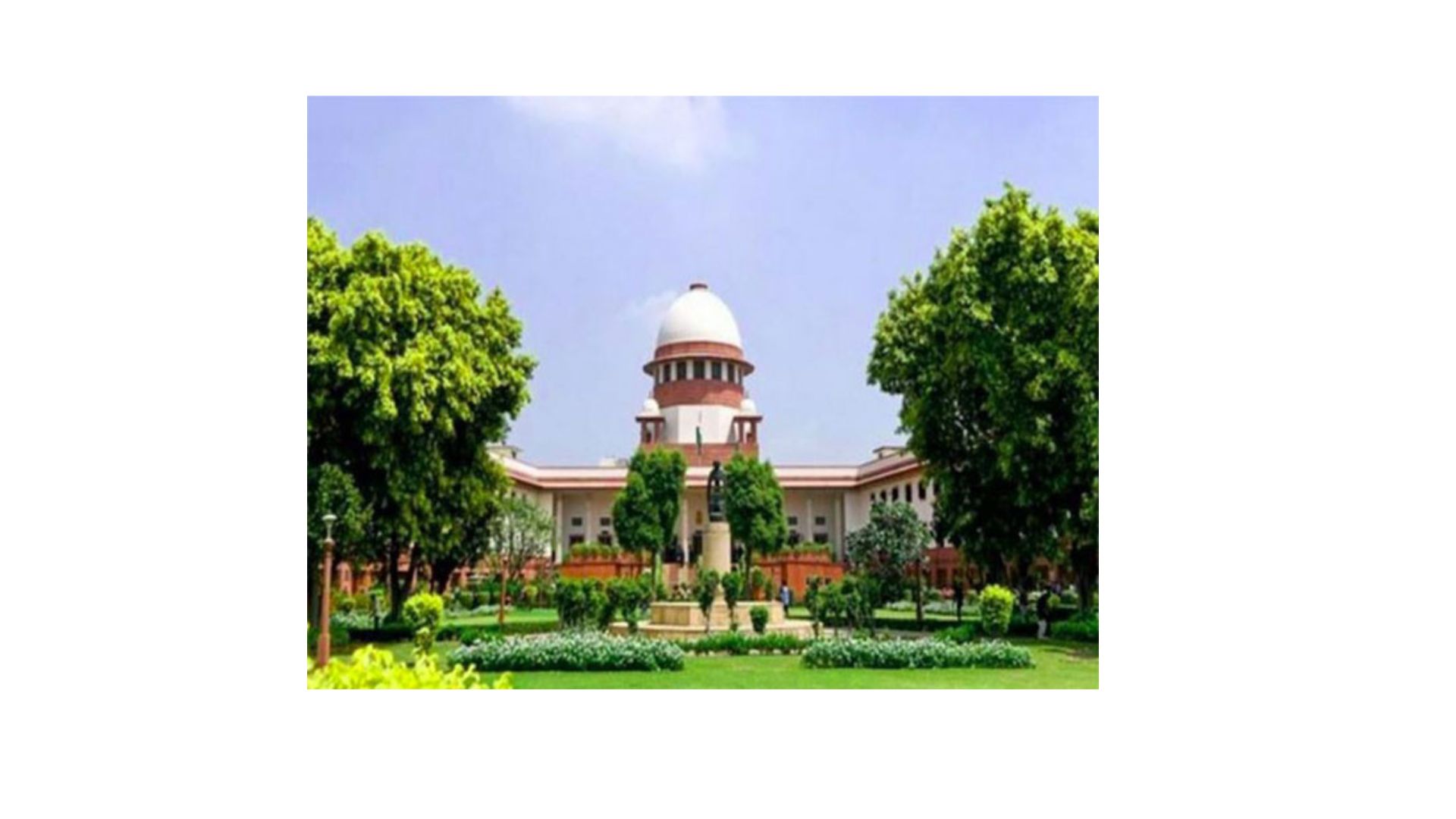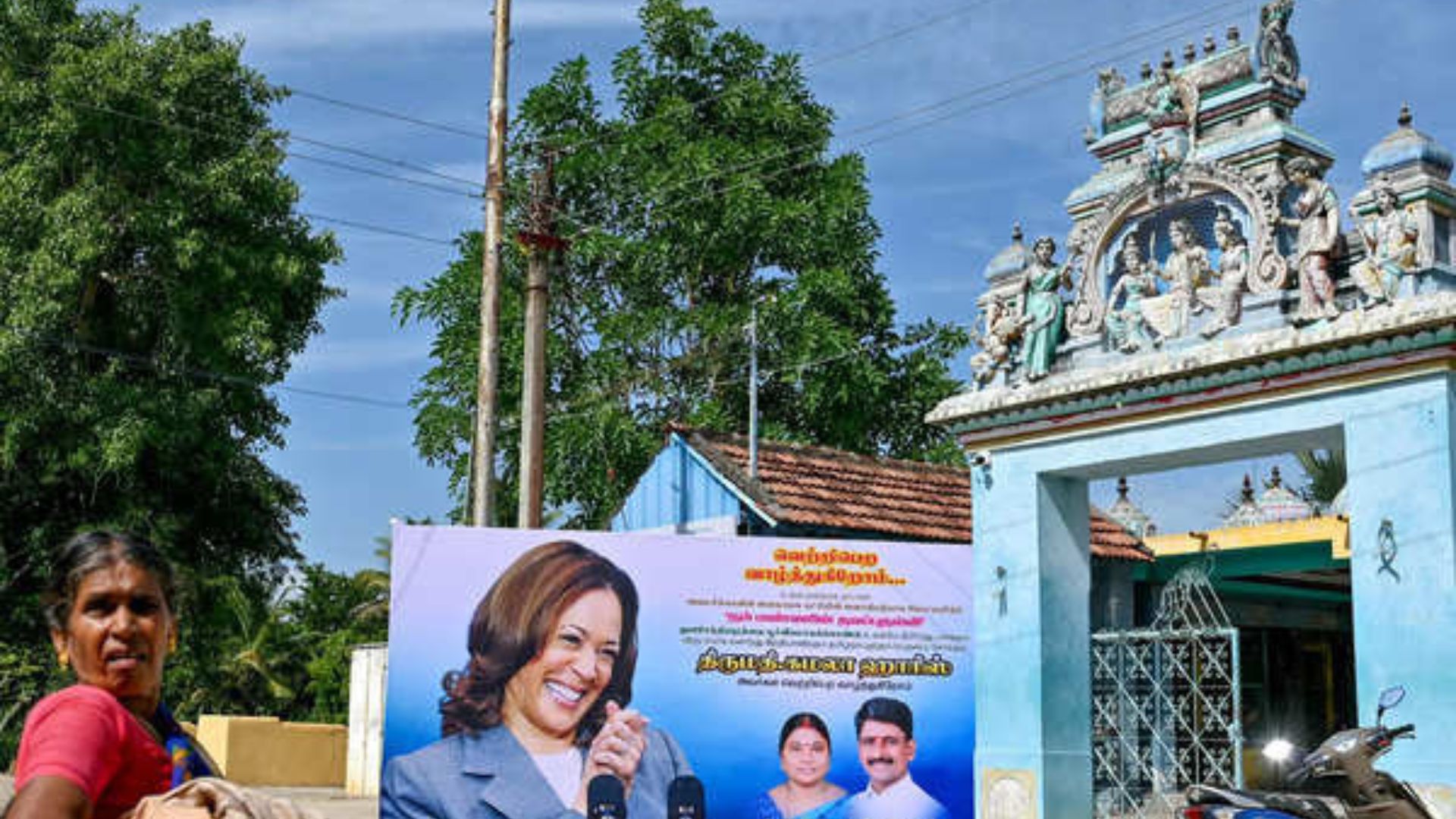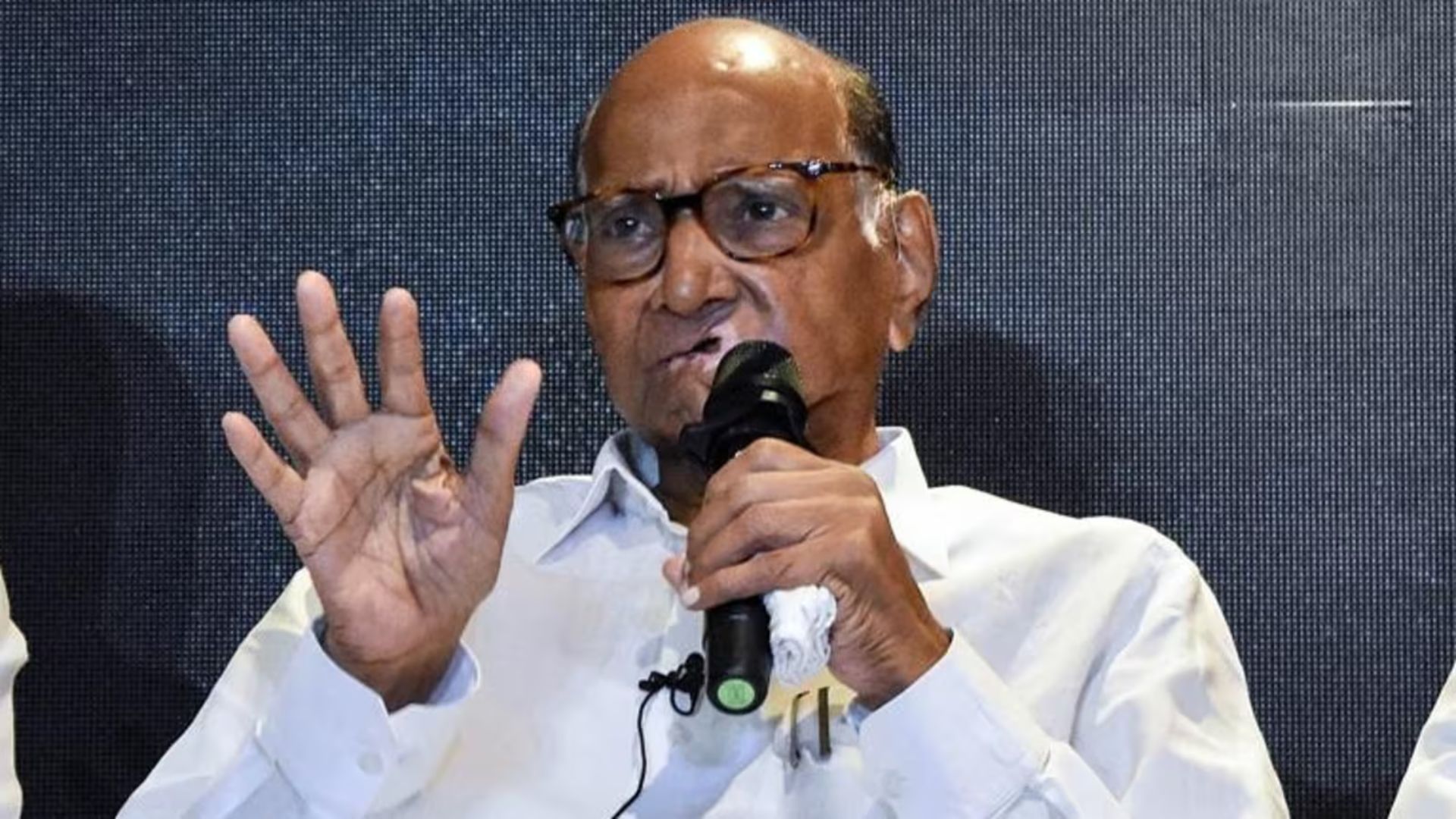
On Tuesday, the Supreme Court of India overturned a controversial Calcutta High Court judgment that had advised adolescent girls to “control their sexual urges” and acquitted a man accused of raping a minor with whom he later married. The apex court, led by Justices Abhay S. Oka and Ujjal Bhuyan, reinstated the man’s conviction, criticizing the High Court’s earlier decision.
The Calcutta High Court’s judgment had been widely criticized for its implications. The High Court had acquitted the man based on the premise that the minor girl was involved in a ‘romantic affair’ with him. The High Court’s ruling suggested that adolescent girls should manage their sexual urges rather than succumb to them, labeling such urges as controllable and advising against engaging in sexual activity.
The Supreme Court took issue with this reasoning, labeling it as “problematic” and “highly objectionable.” Justices Oka and Bhuyan noted that the High Court’s observations were not only inappropriate but also lacked judicial objectivity. The Court had earlier remarked that such judgments should not include personal views or moral preaching from the bench.
In response, the Supreme Court issued new guidelines for judges handling cases involving adolescents, aiming to prevent similar issues in the future. The detailed judgment is yet to be published, but the Court’s criticism was directed at the High Court’s approach, which conflated consensual acts among adolescents with sexual abuse and suggested decriminalizing consensual sexual activities involving adolescents over 16.
The High Court had argued that adolescent sexual urges are influenced by external actions and proposed a duty-based approach. It suggested that adolescent girls and boys should take responsibility for controlling their sexual urges to avoid becoming victims or perpetrators of sexual misconduct. For girls, it suggested protecting their bodily integrity and dignity by controlling their sexual desires to prevent societal judgment.
The Supreme Court’s intervention corrects this perspective, reinforcing the principle that sexual violence is never justified, regardless of the victim’s age or circumstances. By reinstating the conviction, the Supreme Court underscored that legal standards must uphold the rights and protection of minors unequivocally, without imposing moral judgments or suggesting that victims share responsibility for the crimes committed against them.
Senior advocate Madhavi Divan was appointed as amicus curiae to assist in the case, alongside advocate Liz Mathew. Their role was crucial in navigating the complexities of the case and ensuring that the legal principles were appropriately applied.
The Supreme Court’s decision not only reaffirms the conviction but also sets a precedent for handling similar cases with greater sensitivity and adherence to established legal standards.















